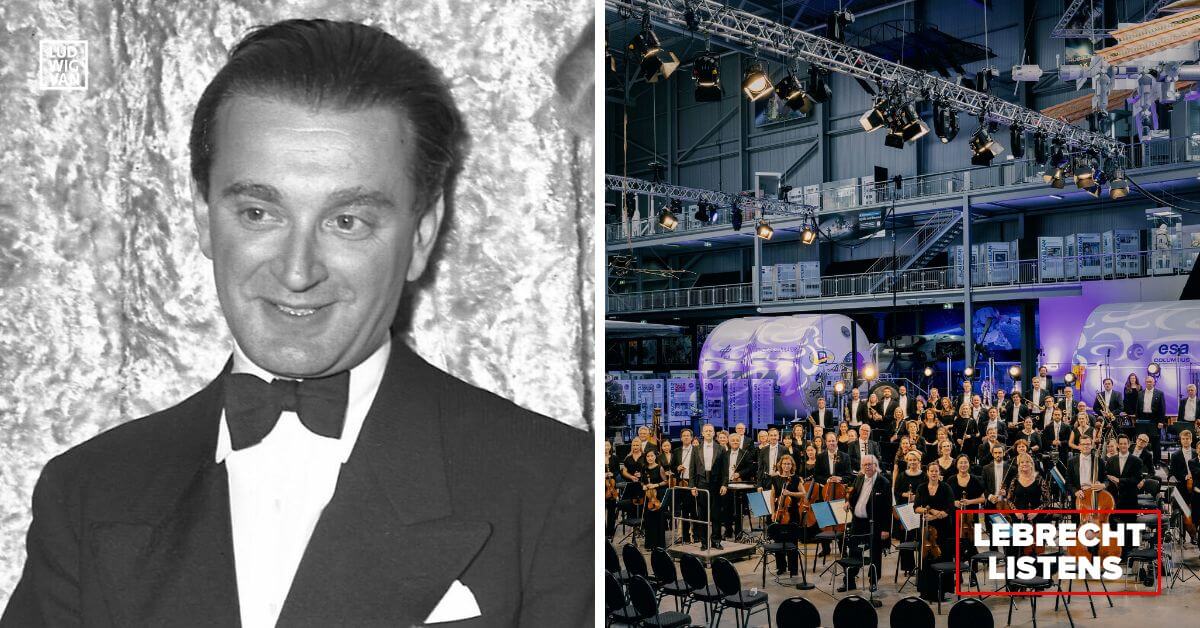
Miklos Rozsa: Orchestral works (Capriccio)
★★★☆☆
Over tea in the mid-1980s, not long after he suffered a stroke, Miklos Rozsa expressed mild regret to me that his concert music never achieved the appeal of his film scores for The Jungle Book, Ben Hur and Julius Caesar. It was a lament I heard from many film composers but none so wistfully as Rozsa, who believed that the quality of his music in both genres was equally high and accepted that its posterity was not for him to decide. He died in 1995, at the age of 88.
The concertos he wrote for Jascha Heifetz and Janos Starker were much admired in their day and a work of Rozsa’s — Theme, Variations and Finale — featured in Leonard Bernstein’s spectacular 1943 debut with the New York Philharmonic. He was taken seriously as an original composer by conductors as different as Bruno Walter, Istvan Kertesz, Karl Böhm, Georg Solti and Andre Previn.
Budapest born to Jewish parents, with an uncle who played in the opera orchestra, Rozsa studied in conservative Leipzig and discovered film music in Paris and London before migrating in 1939 to Hollywood, where he won no fewer than 16 Academy Awards.
The works on this album are unfailingly agreeable, if not uniformly top-drawer. Overture to a Symphony Concert (1957) is a rather jolly warm-up act. Hungarian Serenade (1932/46) is a stylised confection of Magyar tunes.
Tripartita (1971) is much more substantial, buzzing with cross-rhythms and nervous anxiety, reminiscent partly of Bartok but even more so of the young Lutoslawski, which places Rozsa in elite modern company. Tripartita may be the most sophisticated score I have heard of Rozsa’s. It is 23 minutes long, an unwieldy length for concert programmes, but it fills a gap in the post-Bartok Hungarian plains, and it really needs to be given an airing now and then. This performance by the Deutsche Staatsphilharmonie Rheinland-Pfalz, conductor Gregor Bühl, is admirable and compelling.
To read more from Norman Lebrecht, subscribe to Slippedisc.com.
#LUDWIGVAN
Get the daily arts news straight to your inbox.
Sign up for the Ludwig van Daily — classical music and opera in five minutes or less HERE.
- LEBRECHT LISTENS | Two Releases Of Elgar Symphonies To Compare - April 19, 2024
- LEBRECHT LISTENS | Jordan Bak’s Cantabile For Viola Reveals The Neglected Instrument’s Beauty - April 12, 2024
- LEBRECHT LISTENS |David Robert Coleman & The Berlin Radio Symphony Orchestra Reveal The Charms Of Walter Kaufmann - April 5, 2024



